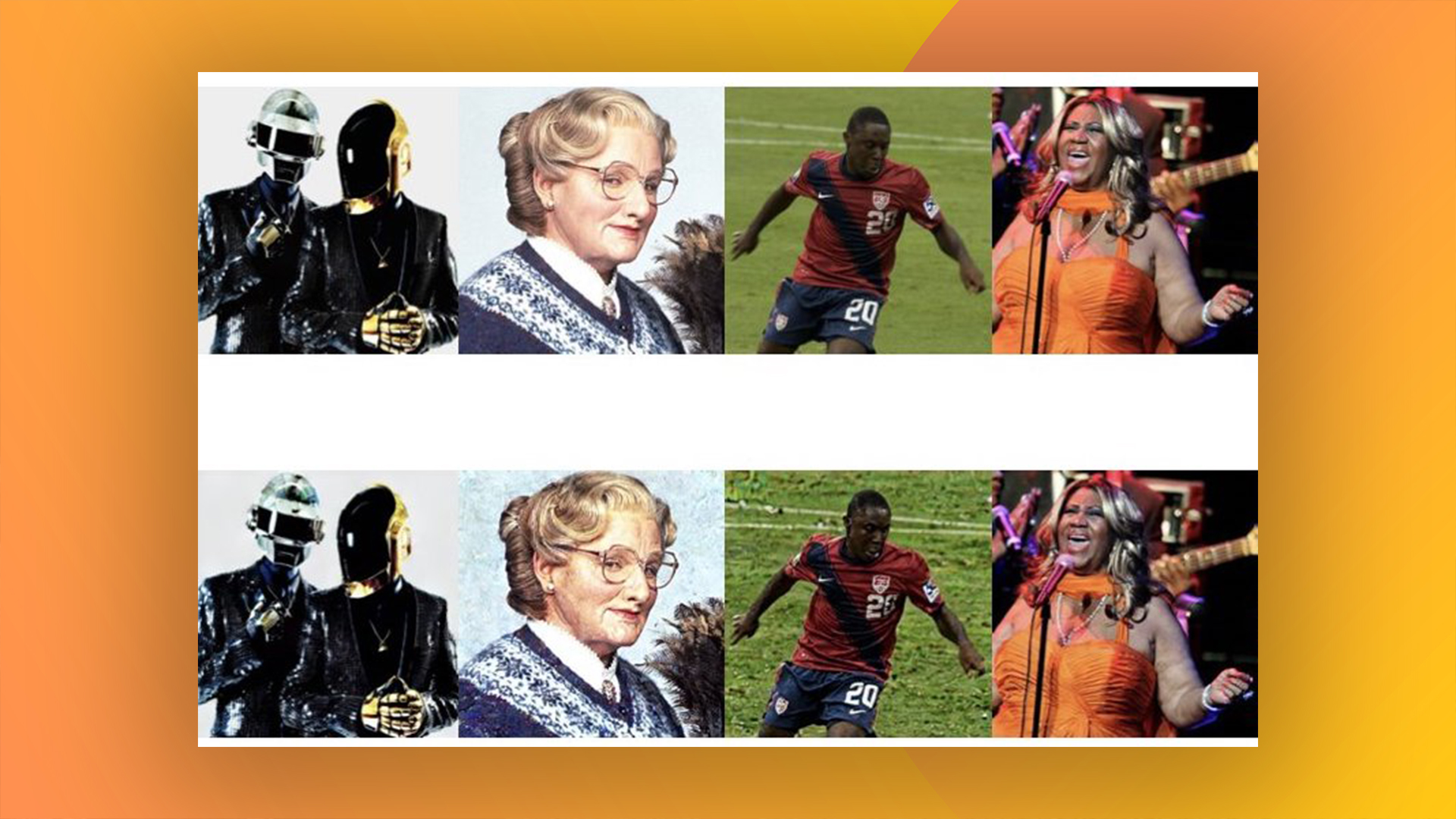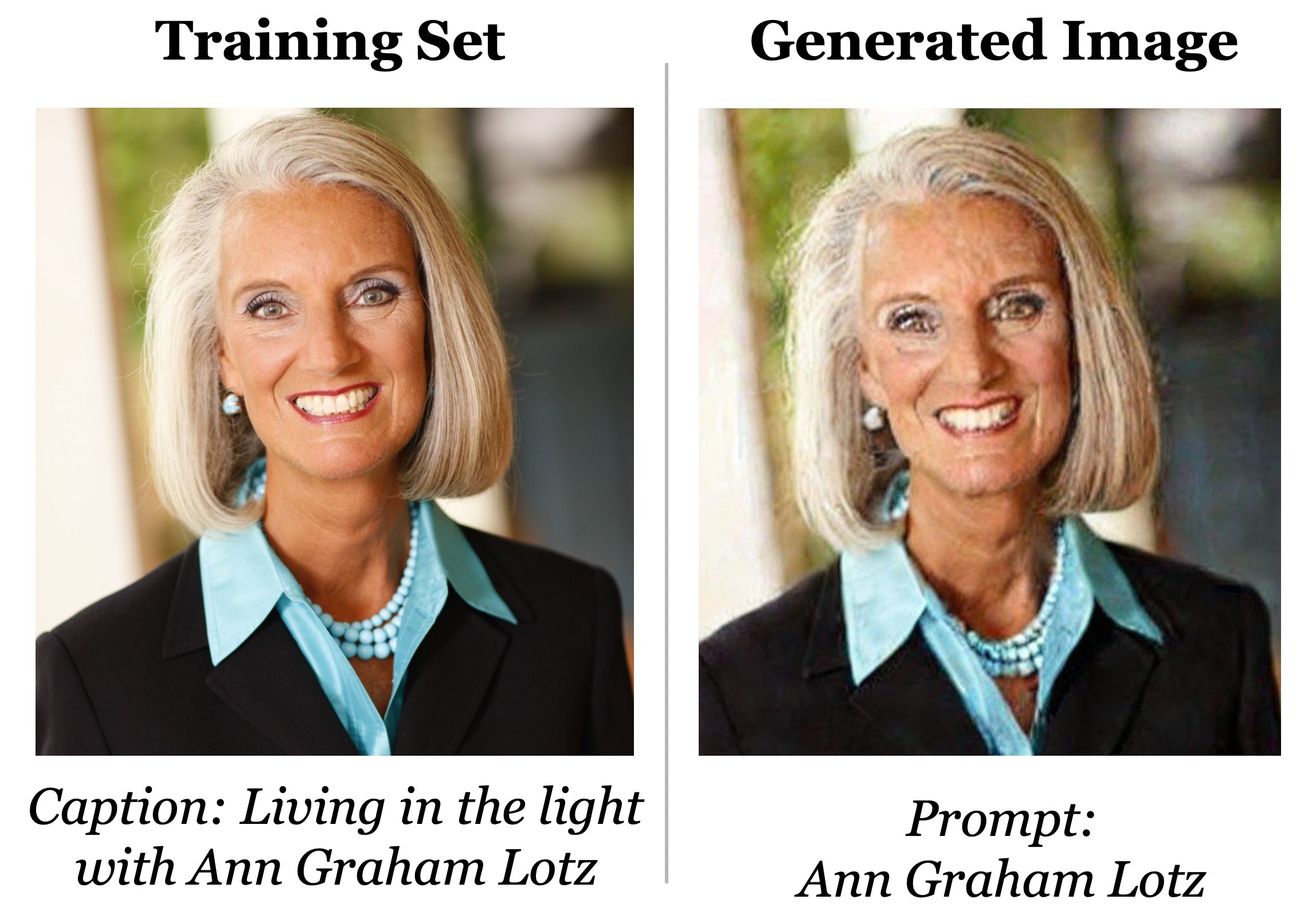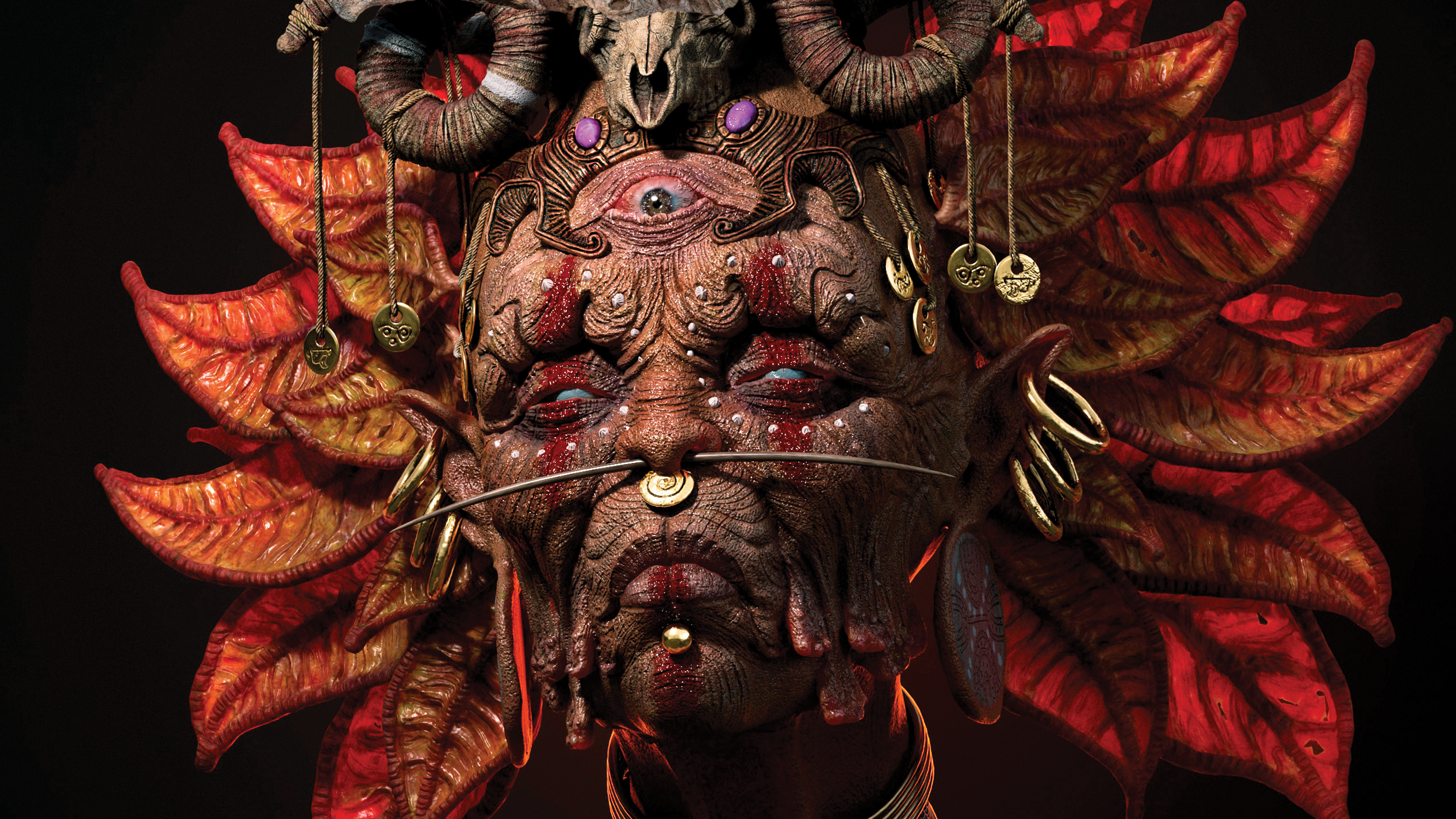The great AI art debate just got even messier
New study reveals copyrighted images can be reproduced.

Another day, another AI art controversy. Concerns over ethical issues surrounding originality and copyright have followed the tech around since day one, and are showing no signs of abating. And, perhaps unsurprisingly, new research has just proven that, yes, AI art generators reproduce copyrighted imagery.
Image diffusion models such as DALL-E 2, Imagen, and Stable Diffusion have hogged headlines over the last few months thanks to their scarily detailed text-to-image generation. But while AI fans argue that everything the tools create is technically new, research has revealed that not only do they 'memorise' trademarked and sensitive images, but they're also not particularly private. (Not sure what we're talking about? Check out the weirdest art created with DALL-E 2 if you're feeling brave.)

A study by various tech experts headed up by Google Brain researcher Nicholas Carlini has discovered that Google’s Imagen tool and Stable Diffusion are both capable of exactly reproducing trademarked images from a mere text prompt. In a Twitter thread (below), researcher Eric Wallace explains how "many of these images are copyright or licensed, and some are photos of individuals."
Models such as Stable Diffusion are trained on copyrighted, trademarked, private, and sensitive images.Yet, our new paper shows that diffusion models memorize images from their training data and emit them at generation time.Paper: https://t.co/LQuTtAskJ9 👇[1/9] pic.twitter.com/ieVqkOnnoXJanuary 31, 2023
Indeed, it's clear from Wallace's examples that the tools have spat out almost exact replicas of existing images, albeit with the addition of some digital noise and distortion. While the team only found a .03% memorisation rate, as researcher Wallace told Gizmodo, "Maybe in the next year, whatever new model comes out that’s a lot bigger and a lot more powerful, then potentially these kinds of memorisation risks would be a lot higher than they are now."

This is by no means the first AI art controversy we've seen in recent months. From AI art scooping first prize in an art competition to Getty banning AI-generated images from its library over copyright concerns and people using the tools to copy specific artists' styles, the tech is causing all manner of disturbance online. Indeed, even Adobe recently offered a message for creatives worried about the rise of AI art.
Read more:
- This AI Image Generator is way better than Google's
- Apple's new AI image generator is just so... Apple
- This AI-generated advertising is creeping me out
Get the Creative Bloq Newsletter
Daily design news, reviews, how-tos and more, as picked by the editors.

Thank you for reading 5 articles this month* Join now for unlimited access
Enjoy your first month for just £1 / $1 / €1
*Read 5 free articles per month without a subscription

Join now for unlimited access
Try first month for just £1 / $1 / €1

Daniel John is Design Editor at Creative Bloq. He reports on the worlds of design, branding and lifestyle tech, and has covered several industry events including Milan Design Week, OFFF Barcelona and Adobe Max in Los Angeles.
